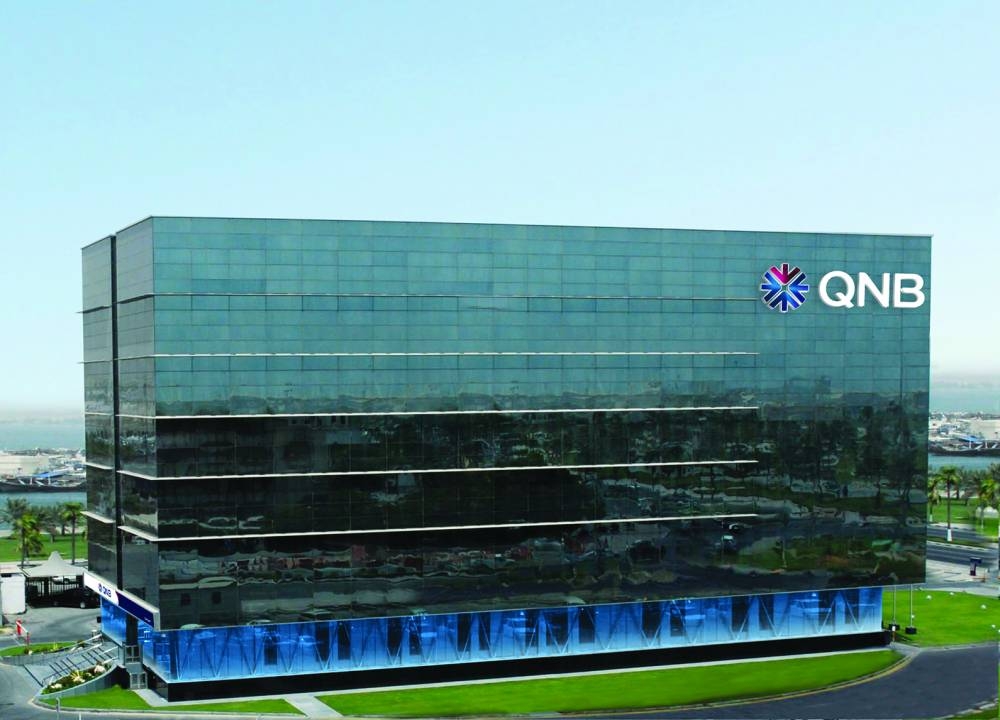QNB Group, the largest financial institution in the Middle East and Africa, has cut its greenhouse gas (GHG) Emissions by 16% in 2022 as it is committed to strengthen its sustainability agenda.
The banking major, which has been launching various sustainable and green products and services, launched the first green bond issuance and green repurchase agreement in Qatar, as well as innovative green mortgage and electric vehicle loans for its retail customers.
QNB has put in place measures to enhance energy consumption efficiency in its offices and branches. This includes optimising energy and cooling installing automatic light control systems, switching to low-energy lighting and installing automatic light control system across parking spaces, buildings and other facilities.
On its efforts to achieve the 2017 pledge to reduce the GHG emissions, QNB said the initiative was underpinned by growing employee awareness and through detailed tracking of the group’s GHG and energy consumption reduction.
QNB has executed green mortgages and loans, as well as corporate and institutional green banking which play a crucial role for it in terms of sustainable finance due to its significant impact on financing and the ability to drive positive environmental and societal change.
The recently opened branch in Place Vendome has obtained GSAS “Global Sustainability Assessment System” certification for its interior design and environmentally friendly construction. In its branches, the bank also discarded the use of ticketing system and opted for SMS notifications to limit the use of paper.
The group developed SFPF was externally assessed and validated through a SPO, confirming continued alignment with international sustainable financing principles. The SFPF is the latest iteration of its approach to ESG (environment, social and governance) in financing, superseding and expanding upon the pre-existing Green, Social and Sustainability Bond (GSSB) Framework.
QNB also implemented the Wage Protection System (WPS) with corporates to comply with the Qatar Central Bank directives and ensure timely wage payment for workers. The WPS ensures the prompt payment of wages through means of digital inclusion and has been recognised by ILO (International Labour Organisation) for prompt salary payment.
In Egypt, QNB ALAHLI’s support has played a crucial role in enhancing El Boghdadeya's competitiveness and positioning in the market. This partnership has led to significant positive impacts, such as the implementation of pivot irrigation systems, which have resulted in a 21% reduction in water consumption and 9,500MW of energy saved.
These measures have not only decreased costs but also increased production surplus, allowing El Boghdadeya to expand into larger agricultural areas. Additionally, the project is expected to reduce over 7,000 tonnes of carbon dioxide emissions in the short term.
QNB ALAHLI also signed an agreement with Intro Sustainable Resources Group for a study to finance projects in the field of Trigeneration or Combined Cooling, Heat and Power (CCHP), to reduce natural gas consumption and carbon emissions in various industrial and services sectors.
QNB ALAHLI also signed a facility agreement with Enara Group to finance its solar power plant project which is part of a broader financing facility targeting different sectors, including the industrial and agriculture sectors.
Earlier this year, the bank also financed another solar plant project carried out by Enara, which is considered the largest rooftop solar power plant ever in Egypt.
The group’s subsidiary in Turkiye, QNB Finansbank, purchases 100% electricity from renewable sources, which makes it fully operating on renewables. Turkiye is heavily reliant on imported non-renewable energy resources, with 50% of its electricity generated from imported coal and gas in 2021.
To reduce foreign dependence on power generation to less than 25% by 2030, Turkiye aims to support the transition to renewable energy.

QNB head office.

QNB Place Vendome branch.
